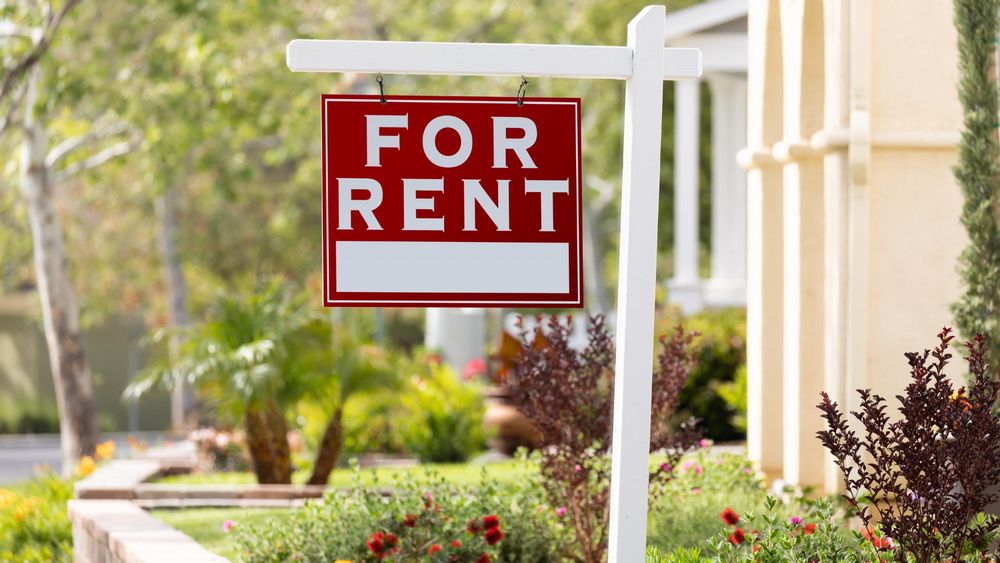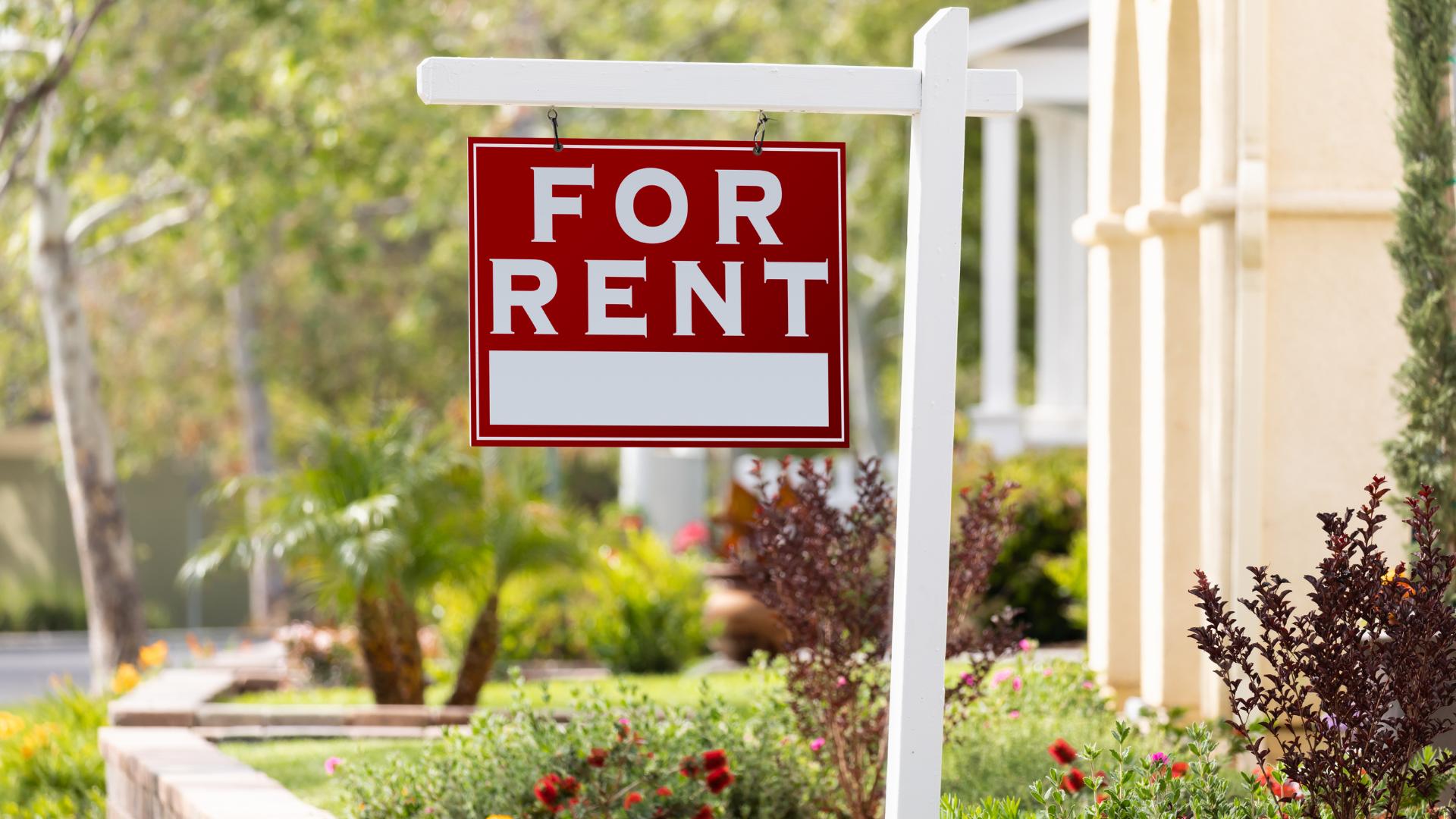My phone is ringing with landlords and tenants alike asking me, “What now? How will the rent be paid?” or “how do I pay rent with no money?”. Finding themselves in a situation where scores of people are not earning a salary.
Who needs the money more? The landlord or the tenant? Many (incorrectly) believe that the landlord is the wealthy one, who should bear the brunt of this current economic fiasco, but the reality is often far from the truth.
So three solutions to the situation we find ourselves in today:
-
- Scenario one – the landlord owns the property outright, and has no bond to be paid each month, or his bank has given him a mortgage holiday for two months. The landlord may still have rates and levies to cover, but he has some savings, or is still earning himself, and he can allow the tenant a complete holiday on paying the rent. Not that this missing rent is never reimbursed, it should then be delayed until July / August from when the arrears should be paid, over 4 or 6 monthly instalments, along with his usual rent, when life goes back to normal.
- Scenario two – the landlord may have bought the property ten years ago, when prices were much lower. He has a mortgage (and rates and levies), but they’re less than the current rent, so if the tenant can match this amount, both parties are happy. Maybe the tenant pays R5K / month for now instead of the usual R10K, and the missing rent is made up towards the end of the year in instalments, as mentioned above.
- Scenario three – my favourite because attorneys across the country literally cannot agree on this. The landlord may have bought the property at the beginning of 2017 at the highest peak of the property market. The rent barely covers the mortgage and the landlord still has to find high rates and levies from somewhere. He has a second mortgage (or rent) on his primary residence and his earnings have been drastically cut. Being a kind-hearted person, he wants to help his tenant, but he can’t, so now what?
The Rental Housing Act (RHA) states that “the landlord may require a tenant before moving into the dwelling, to pay a deposit”, and in all cases (obviously) we strongly advise that such a deposit is taken. This usually (but not always), totals two month’s rent. The RHA continues with the phrase, “the deposit contemplated in paragraph ‘c’ must be invested by the landlord in an interest-bearing account with a financial institution”. Which means that for a large part of rental agreements, sitting in a trust account or money market somewhere, there is an amount equal to two month’s rent.
Here’s the interesting part – some attorneys believe that this money cannot be withdrawn and used for missed rental payments (even in these exceptional times), as there is a qualification to this in the RHA as it records that, “(4) The standard provisions referred to in subsection (3) may not be waived by the tenant or the landlord.”
However, there are two interesting parts to note here. Firstly, requesting a deposit is not law – the landlord is not obliged to take one. It would be foolhardy not to, of course, but it is his choice and is noted in the wording, “the landlord may require a tenant” – MAY require – if he wishes. If the landlord needs this money as rent, and the tenant has no money to give (you can’t get blood from a stone), maybe there is a solution. If both parties agree and sign a document (normally this would take form of an addendum to the lease), where the landlord states that he no longer requires a deposit for May and June (for example), but will need one after, which can be paid back in instalments over the remaining six months of the year, is one such solution.
Secondly, the RHA also states “any person who… fails to comply with sections 4 or 5(2) or (9); will be guilty of an offence and liable on conviction to a fine or imprisonment not exceeding two years or to both such fine and such imprisonment.” Luckily, the deposit information is in section 5(3) so phew! No fine or imprisonment anyway if this route is taken, the only legislative consequence being that a complaint may be lodged with the Rental Housing Tribunal. But why would they (or any third party for that matter), do so ?
Pros and Cons
Let’s be honest; the idea of using the deposit for rent is absolutely not ideal. The best scenario here would be number two above. Maybe both parties sit down (via video call!) and find a reasonable amount the tenant can pay each month for now and the landlord can accept. This amount is then mitigated until later in the year, and the deposit is held intact.
Unfortunately life isn’t always ideal (as we’re all learning at the moment). So if you have to go the route of scenario three, then maybe ask your tenant to do a video call of the house to check it’s in good condition. Think about whether he’s historically comported himself as a good tenant and you can trust him to pay the deposit back and not destroy the property in the meantime.
In all three scenarios above – what am I going to say? WRITE IT DOWN. Make a contract, which you both sign and date. Make sure every clause is explicit and everything is mutually agreed. Confirm every single piece of information, including repayments and deadlines. Yes, this may have to change if lockdown continues but then a second addendum can be written up. Seek legal advice if you’re not sure, or you need help with the contract – this is not a time to second guess things.
Finally, have some empathy and TALK – “communication is key” (my favourite phrase) in these times. Rather than not paying your rent or getting angry with a tenant, each will get more out of this situation by talking and finding a solution. Far more than having a non-paying tenant, which is evicted as soon as this is all over, and sit with an empty property for six months as no one can afford to move this year.
Good tenants are hard to find, and there are millions of people around the world right now wondering how they’re going to pay to stay where they live.
Don’t take it personally – this isn’t about you – this is about all of us so maybe find a solution and be rewarded with a great tenant or understanding landlord in the long-term.


